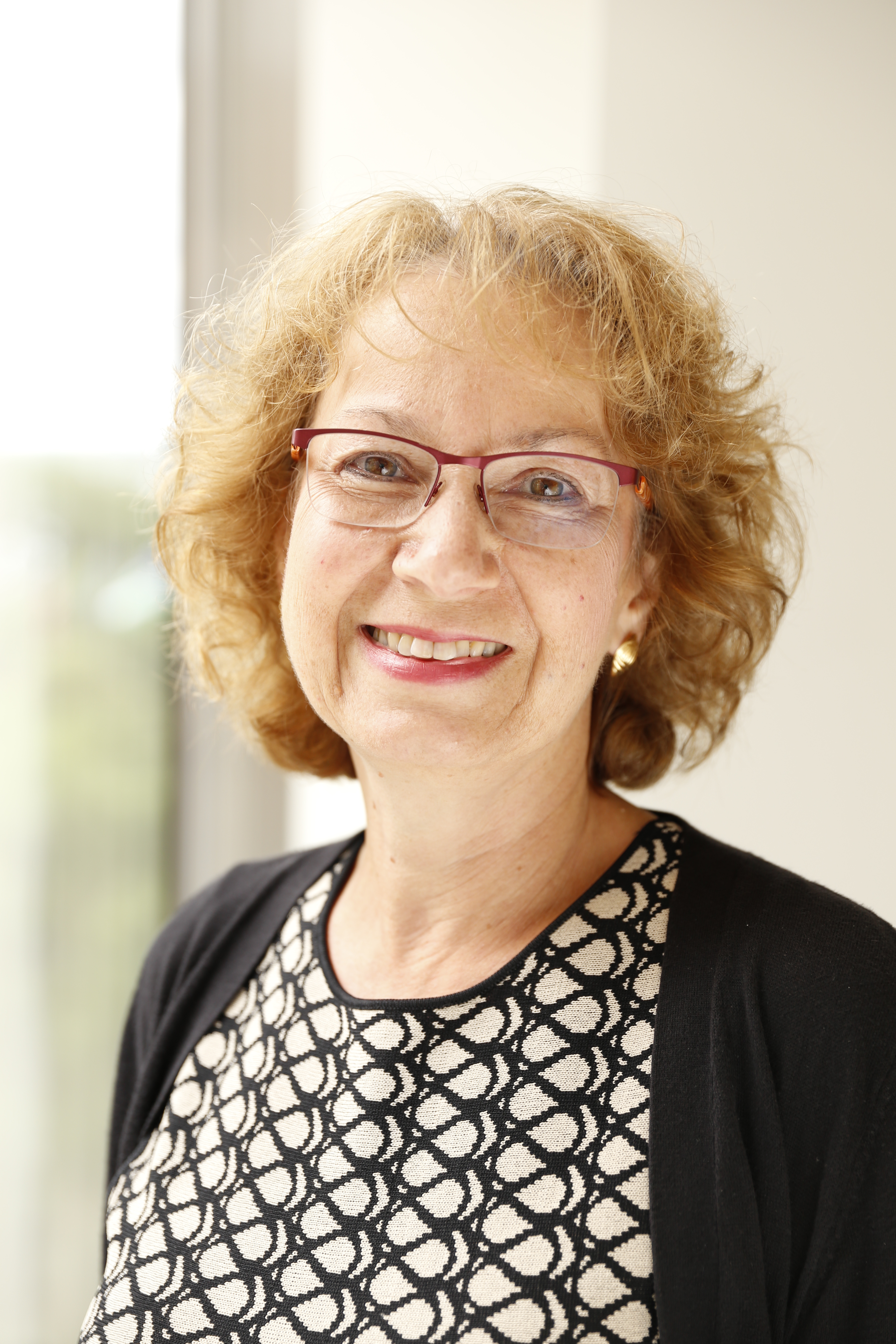7 Reasons Retirees Are Sticking With Stocks
Money is not a client of any investment adviser featured on this page. The information provided on this page is for educational purposes only and is not intended as investment advice. Money does not offer advisory services.

Conventional wisdom says older investors should gradually trim their stock holdings to be less than they hold in bonds. And cutting back on stocks may seem particularly wise these days, with the stock market hitting a record last week and the bull market looking long in the tooth.
But holders of individual retirement accounts are keeping surprisingly high allocations in stocks after they retire, Vanguard Group says.
IRA investors at Vanguard have an average of 60% of those dollars in stocks at age 65, and that figure stays about the same at older ages, the company said in a recent blog post. Looking at Roth IRAs in particular, Vanguard said stocks are close to 75% around age 65, dropping only slightly later on. (While traditional IRAs offer tax deferral, Roths are funded with after-tax dollars and produce tax-free income.)
Those IRA equity allocations are much higher than what Vanguard itself maintains for older retirees in its all-in-one target-date funds for retirement, wrote Maria Bruno, a senior retirement strategist in Vanguard Investment Strategy Group.
What gives? Here are seven reasons that some older investors are continuing to emphasize stocks in IRAs or taxable accounts, with excerpts of some of the 190 comments investors made on the Vanguard blog post.
My pension or other assets let me do it.
David N.: “I am also collecting on two dinosaurs—I mean pensions—which allows me to be comfortable at 75% equities.”
William R.: “I am age 93. Since retirement I have considered my civil service retirement as my fixed income portion, so for 30 years I have kept 100% of my investments in dividend paying stocks."
Low interest rates made me do it.
Kirk L.: “The low interest rate environment for fixed income forces me to accept higher risk. (I have chosen dividend funds as the replacement. …. I don’t like it. But the alternatives are worse. I have to maintain principal for a longer retirement.”
Joe S.: “If bonds returned 8-10% as in the past, I would direct my portfolio in that direction. Instead, I try to gain returns through higher yield stocks.”
Bob M.: “Return to 5%+ CD returns and our stock allocations will drop like a rock.”
I believe in the stock market.
William J.: “I have a high (99%) equity position….I have watched my investments decline by up to 50% and recover in several periods in my investment lifetime (45 years). Why should I change what works for me.”
Gerald H.: “I retired early at age 52 and have been retired now for 26 years. I have always been 100% invested in equities…. I believe the gains in equity far exceed gains from bonds, so long as you can sleep at night.”
In taxable accounts, selling stocks would trigger a big tax bill.
Chris L.: “Having followed the markets all my life, I am used to volatility….I have to weigh the potential of losses against the certainty of taxes if I realize the capital gains. Those capital gains disappear for any assets left to my children in my estate.”
Gerry H.: “Re-balancing triggers capital gain taxes. Capital gains also raise one’s income, triggering additional taxes on Social Security and pensions.”
Inflation is the enemy and stocks are a defense.
Nancy T.: “I lived through the 70s with rampant inflation and high interest rates and wish to protect against devaluation of my assets. I am now living in an environment of rapidly escalating health care costs. I prefer to accept some risk to allow for growth rather than lose to inflation.”
I’m investing for my heirs, not for me.
John B.: “My wife and I, recently retired, have a 70% stocks/30% bonds allocation plan. The reason is simple: we have a long time horizon. We are fortunate to have more than enough in our portfolio to be able to weather a major decline in the markets, and we hope to leave a substantial legacy to our children. Our time horizon is therefore that of our children.”
I'm lazy. Or busy. I admit it.
Alvin L: “Answer is simple but embarrassing. My allocations have just about never been rebalanced, because of indolence, fear of creating a big tax liability, etc. Foolish.”
Bruno says high equity allocations can indeed be reasonable for retirees who don’t need to tap their investment accounts to pay living expenses. “It can be very prudent,” she says—as long as they are comfortable taking stock-market risk in an effort to grow assets for their heirs or as a safety net if they live unusually long.
But she is concerned that some retirees who have bulked up on stocks because of low interest rates are taking more risk than they can really afford or tolerate. “When there is a market correction, they are going to be overexposed,” she says. A primary role of bonds is to temper the price swings of stocks—as they did, for instance, when the stock market tumbled in 2008.
